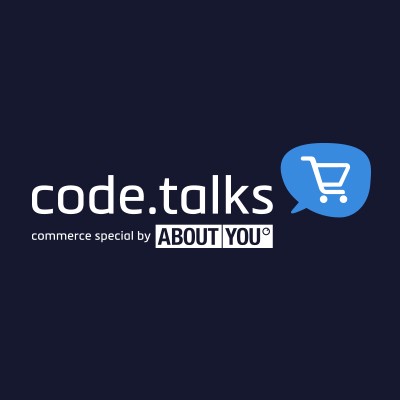- code.talks Commerce Special 2017 Exclusive with Ulf Kirsten

EVENTS code.talks Commerce Special 2017 Exclusive with Ulf Kirsten
ABOUT YOU TECH
An interview with Ulf Kirsten — Director of Software Engineering at Rocket Labs GmbH & Co.KG
During code.talks, some members of the German e-commerce sector gave their impressions of the industry, its challenges, and the conference itself.
1. Can you give us some background on your keynote and why it’s relevant to developers in the e-commerce sector?
I will show how we’ve achieved 4 million sellers, 250k orders, and 25 million products in a zf1 and MySQL based system, which can be called legacy today. It will also cover how we slowly migrate away from the software monolith by satisfying scaling and feature needs. In general a lot of companies, projects, and startups are to a certain degree locked in with a legacy systems and come to a point where it needs to be decided how to continue, since a complete rewrite is not always an option — and most likely never the best.
2. Which topics at code.talks are particularly interesting for you and your work? Why?
In general scaling the application and team while migrating to (micro-)service(s) and containers, since we also do it, and there are tons of pitfalls and decisions along the way. On top all topics related to machine learning / big data, since we are beyond the point of collecting and storing data, and need to discover / use it now.
3. What do you think are the most relevant drivers for the success of e-commerce models?
Building the best fitting product with the right technical tool, set by using continuous delivery and being able to adapt quickly to changes. Sounds rather easy and straightforward, but implies a lot of the right decisions, compromises, and eventually, also luck.

4. What are the main challenges for developers who work in the e-commerce industry?
Diversity of languages, frameworks and tools — choosing the right one for the job, or at least not the wrong one. Additionally, keeping the right balance between time-to-market and innovation of technology.
Thanks, Ulf, for giving us your insights!
More articles
ABOUT YOU TECH
ABOUT YOU TECH
